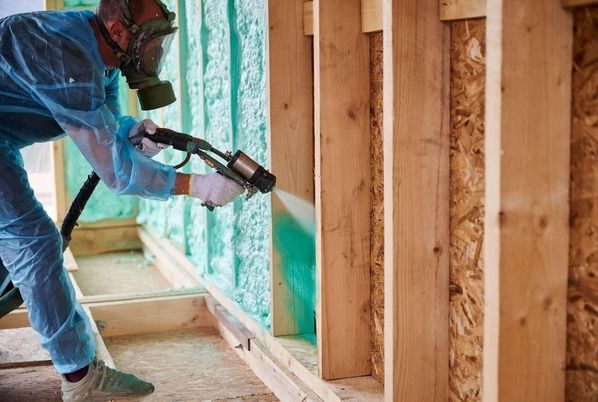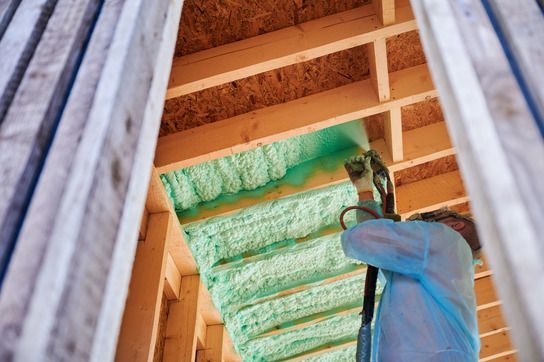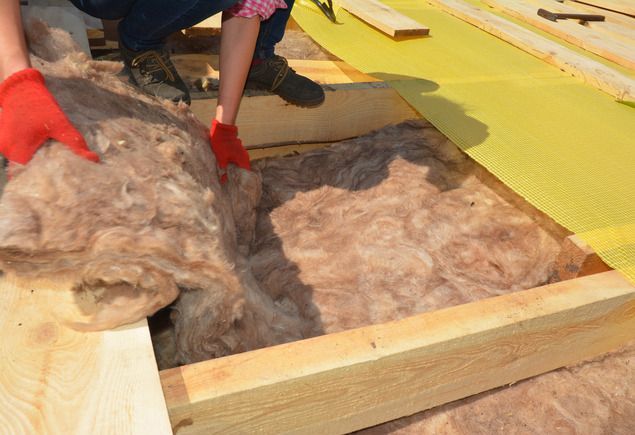Which Foam Insulation is Best for Your Needs?
Choosing the right foam insulation for your attic is crucial for improving energy efficiency and comfort in your Pasadena home.

Choosing the right foam insulation for your attic is crucial for improving energy efficiency and comfort in your Pasadena home. Spray foam insulation often stands out as the best option due to its superior air-sealing properties and high R-value. Understanding the different types of foam insulation available can help you make an informed decision tailored to your specific needs.
As you explore your choices, consider how foam insulation not only regulates temperature but also reduces energy costs over time. By selecting the best foam insulation, you protect your home from extreme temperatures and enhance your living conditions. Attic Squad Insulation Services is here to guide you through the selection process, ensuring you benefit from the best products available.
If you are ready to improve your attic insulation, the following insights will provide clarity on the options available and help you achieve optimal results for your home.
Key Takeaways
- Spray foam insulation offers excellent air sealing and insulation properties.
- Choosing the right insulation enhances your home's energy efficiency.
- Professional guidance can simplify your insulation selection process.
Understanding Attic Foam Insulation
Attic foam insulation plays a critical role in enhancing your home's energy efficiency. It not only improves temperature regulation but also helps reduce energy costs. By choosing the right type of foam insulation, you can effectively manage both comfort and expenses.
The Basics of Foam Insulation
Foam insulation consists of materials that expand and harden to fill gaps and cracks in your attic. This process creates a superb air barrier, which is essential for energy efficiency. It has a high R-value, meaning it provides excellent thermal resistance.
When insulating your attic with foam, the application process is straightforward but requires precision. The foam expands upon application, ensuring that even the tiniest gaps are sealed. This reduces air leaks, helping maintain consistent temperatures throughout your home.
Additionally, foam insulation is resistant to moisture and mold growth, which is a significant advantage in protecting the integrity of your attic. With proper installation, you can enjoy long-lasting benefits without frequent replacements.
Types of Foam Insulation
There are primarily two types of foam insulation to consider: open-cell and closed-cell foam.
- Open-cell foam is lighter and more flexible, providing excellent soundproofing. It has a lower R-value but allows for moisture absorption. This feature helps in preventing condensation problems.
- Closed-cell foam is denser and more rigid, making it suitable for areas prone to moisture. It offers a higher R-value, providing better thermal resistance and structural support.
Both types have their unique benefits depending on your insulation needs. It’s essential to evaluate your specific circumstances, including climate and attic conditions, to choose the optimal option. Comparing attic foam and fiberglass insulation reveals that foam generally offers superior air sealing capabilities, significantly enhancing energy efficiency.
Benefits of Choosing Foam Insulation for Your Attic
Foam insulation offers specific advantages that can greatly enhance the performance of your attic. By focusing on energy efficiency, durability, and air sealing, you can see why foam insulation stands out as a preferred choice for many homeowners.
Energy Efficiency
One of the key benefits of foam insulation is its exceptional energy efficiency. Foam insulation expands to fill cracks and gaps, creating a tight seal that minimizes air leaks. This airtight barrier helps to maintain stable indoor temperatures throughout the year.
As a result, your heating and cooling systems don’t have to work as hard. In fact, homes with foam insulation have been shown to experience lower energy bills. You can expect significant savings over time, making it a wise investment for your attic.
Durability and Longevity
Foam insulation is not just effective; it is also remarkably durable. Unlike traditional insulation materials, foam does not settle or compress over time. This means it retains its insulating properties and effectiveness for many years.
Foam insulation is resistant to moisture, mold, and pests, which contributes to its long lifespan. Because of its resilient nature, you won’t need to replace it frequently, leading to fewer disruptions and costs in the long run.
Air Sealing and Moisture Prevention
A significant concern for any attic is air infiltration and moisture accumulation. Foam insulation excels in this area by providing an airtight seal that prevents drafts and reduces humidity. This helps to maintain a comfortable living environment and protects your home from potential damage.
By minimizing condensation, foam insulation also helps prevent mold and mildew growth. This is crucial for maintaining air quality, especially if you are sensitive to allergens. Investing in foam insulation ensures that your attic remains a safe and energy-efficient space.
You might also like
Book a Service Today
We will get back to you as soon as possible
Please try again later
Quick & Reliable
Don’t wait to improve your home’s energy efficiency and comfort. Contact Attic Squad today to schedule your free consultation and take the first step towards a more comfortable, energy-efficient home.
All Rights Reserved | Attic Squad



